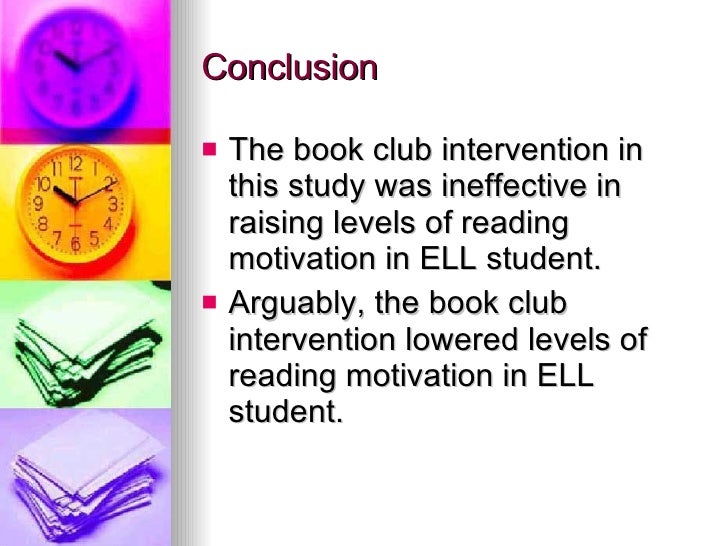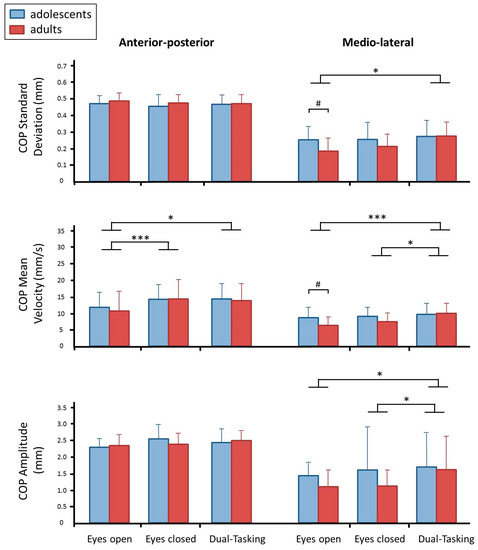

The legal basis of the presidential power to impose this kind of unilateral measures is to be found in the International Emergency Economic Powers Act ( ff) (IEEPA), which grants the US President the authority to block any property in which any foreign country or a national thereof has any interest. Through this Order, all property and interests in property that were in the United States and which belonged to specific members of the Venezuelan government were blocked and could not be transferred, paid, exported or withdrawn. It must be emphasized, however, that the true core of these sanctions dates back to 2015, when another US President had issued the first, and maybe the most important, EO against ‘ertain Persons Contributing to the Situation in Venezuela’. It is worth noting, moreover, that the US almost immediately gave financial support to the ‘new’ Government.

Just a couple of days later, the US President issued Executive Order (EO) n 13857, through which a number of sanctions were imposed on the Government of Venezuela ‘in light of actions by persons affiliated with the illegitimate Maduro regime, including human rights violations and continued attempts to undermine the Interim President of Venezuela and undermine the National Assembly, the only legitimate branch of government duly elected by the Venezuelan people, and to prevent the Interim President and the National Assembly from exercising legitimate authority in Venezuela’. The claim of the self-proclaimed President, based on Articles 233, 333 and 350 of the Venezuelan Constitution, was immediately supported by the United States (US), as well as by almost all the States of South America and by 19 members of the European Union (EU). On 23 January 2019 – about two weeks after the proclamation of Mr Maduro as President of the Republic – the President of the Parliamentary Assembly of Venezuela, Juan Guaidó, announced that he would assume the interim Presidency, in view of the arrangement of new elections. The Presidential elections, held in Venezuela on, and the re-election of Nicolas Maduro, triggered the institutional crisis at the heart of the legal questions dealt with in this paper. The present author’s thesis is that the whole course of action taken by certain States against Venezuela, rather than the sanctions as such, is to be qualified as unlawful due to the breach of the principle of non-intervention (section 5). This contribution aims at demonstrating that the recognition of the ‘new’ Venezuelan Government is inextricably linked to the sanctions at issue, and that this circumstance is the key element required in order to assess the intention of those States which adopted the economic sanctions against Venezuela. The purpose of this contribution is to analyse the Venezuelan crisis under the lens of the principle of non-intervention in the affairs of other States, which has been, not surprisingly, the leitmotiv of diplomatic notes and exchanges between the States and international organizations involved all throughout the constitutional crisis which exploded in January 2019.Īfter an examination of the relevant factual background (section 2), this paper examines the nature of the sanctions imposed on Venezuela in order to assess whether those measures are to be categorized as countermeasures or mere acts of retorsion (section 3), while in the subsequent section 4 the principle of non-intervention in the light of economic coercion is analysed.

Among her recommendations, the Rapporteur reminded ‘all parties of their obligation under the UN Charter to observe principles and norms of international law, including principles of sovereign equality, political independence, non-intervention in the domestic affairs of states, and peaceful settlement of international disputes’. In February 2021 the United Nations Special Rapporteur ‘ on Negative Impact of Unilateral Coercive Measures on the Enjoyment of Human Rights’ visited Venezuela in order to assess the health and humanitarian conditions of the Venezuelan people.


 0 kommentar(er)
0 kommentar(er)
